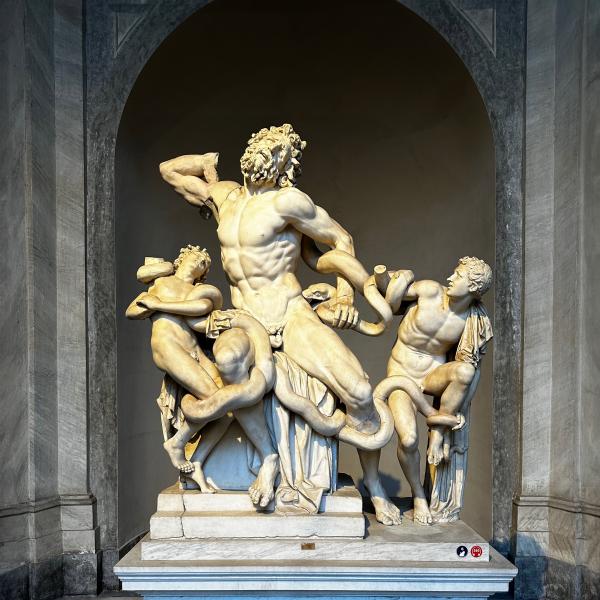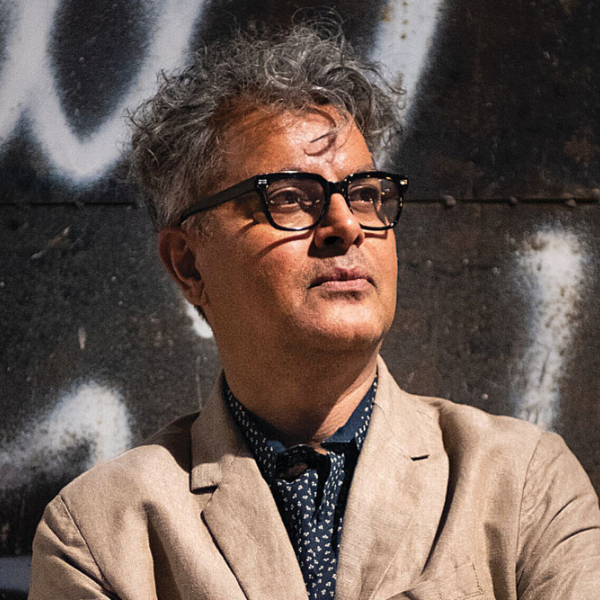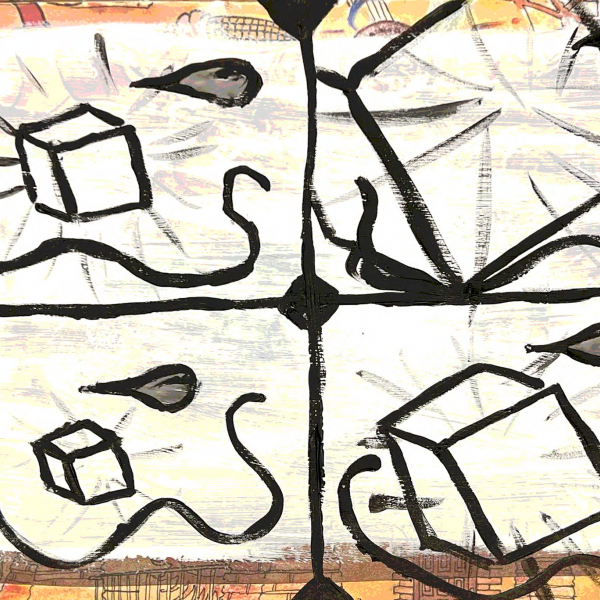In my evaluation of the two films shown in class, “Nothing but a Man” and “A Man Called Adam.” I found that the black males struggled with their identity in American society during the 1950s and 1960s. These black men provided examples of the trials and tribulations, that internal struggle with being black in America during this era. The men were powerless in how much control they had over their lives. Both films illuminated strengthens and weakness of these black men. Frustrated and angry, the characters felt hopeless during this time in America.
I identified with the black female characters that played opposite these black men. These women were equally struggling with racism and discrimination of the 50’s and 60’s as their black men. Black women endured attacks from the white community and assaults and abuse of the black man. The African American women in these two films understood and forgave their men; they recognized why the black man during this time lashed out. The black man could only safely take his frustration out on his woman, the black woman. This is not an excuse for black men's abusive behavior, but during that time blacks had little power over their economic, social, and political issues. Our discussion about Abbey Lincoln supports my idea that even as black women struggle in relationships with black men there is still a dedication to have an affirming love relationship with her black man.
-- Sharee Seal




